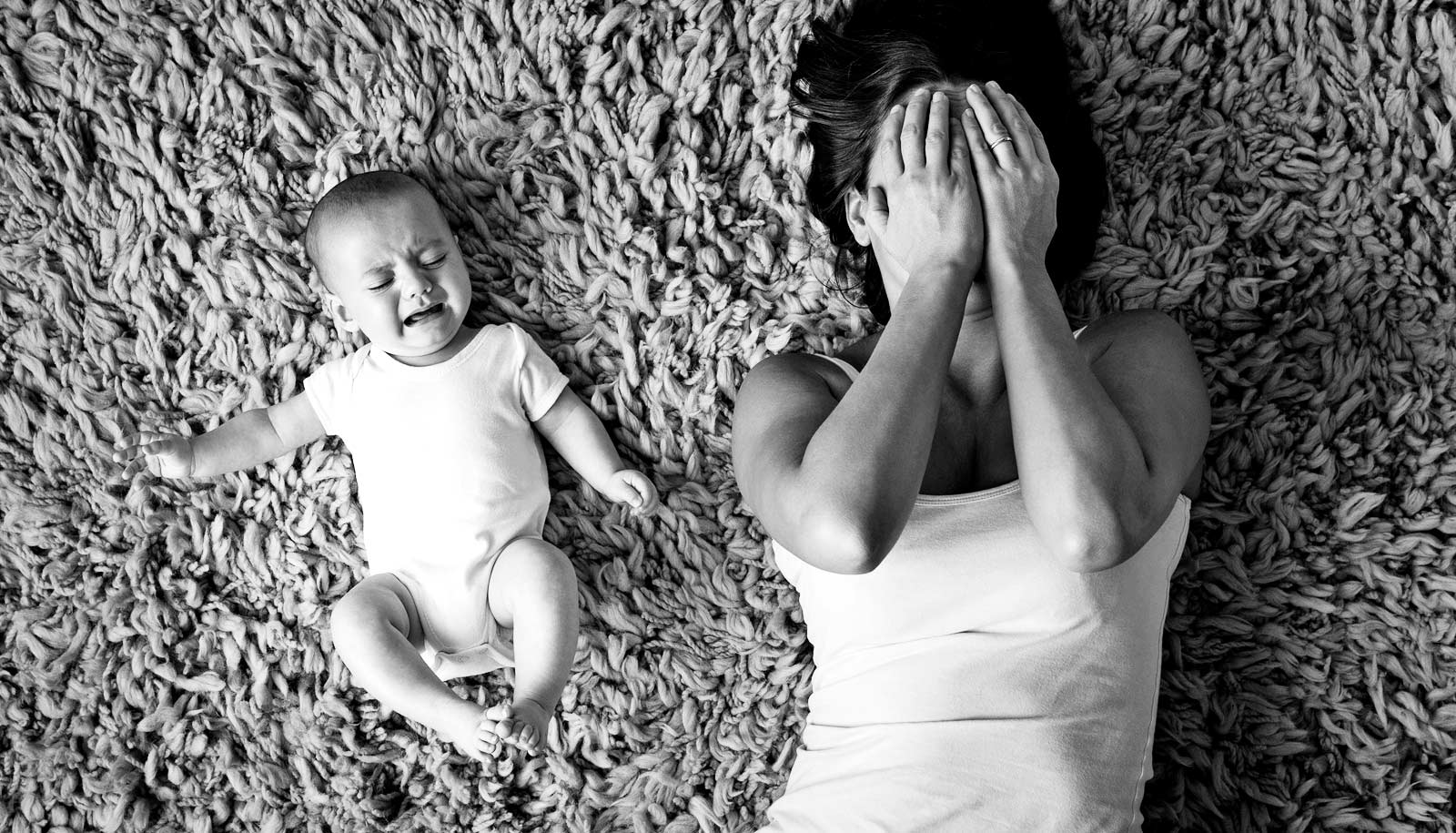What Is Postpartum Depression and What Are Its Symptoms?
It is a fact that pregnancy and childbirth bring many changes to a woman's life. However, these changes can affect women not only physically but also emotionally and psychologically. In this context, postpartum depression (PPD) is an important topic. PPD is a mental disorder commonly seen in new mothers, emerging due to hormonal changes along with external factors.
Causes of Postpartum Depression
The exact cause of postpartum depression is not fully known, but it is believed that many factors contribute. These factors include:
- Hormonal Changes: Significant fluctuations occur in estrogen and progesterone levels during pregnancy and after childbirth.
- Stress and Anxiety: The responsibility of caring for a new baby and lifestyle changes can create stress and anxiety in mothers.
- Lack of Support: A lack of social support can make new mothers feel isolated and increase the risk of depression.
- Previous History of Depression: Women who have experienced mental health issues in the past may have a higher risk of postpartum depression.
Symptoms
Postpartum depression can show different symptoms in each woman. However, the most commonly observed symptoms are:
- Intense Sadness: Feeling constantly sad and down.
- Loss of Motivation: Lack of interest and feelings of inadequacy in daily activities, especially baby care.
- Insomnia or Excessive Sleep: Difficulty sleeping at night or a strong desire to sleep excessively.
- Anxiety: Persistent feelings of worry and tension.
- Emotional Swings: Unexplained crying, sudden anger, or irritability.
- Physical Symptoms: Headaches, stomach aches, or digestive problems.
- Difficulty Bonding: Inability to emotionally connect with the baby or being indifferent to its needs.
Diagnosis and Treatment
If these symptoms last for two weeks or longer, it is essential to consult a specialist. Postpartum depression treatment generally includes:
- Psychotherapy: Individual or group therapy provides emotional support.
- Medication: Antidepressants can be used if recommended by a doctor.
- Support Groups: Sharing experiences with other mothers can help overcome emotional challenges more easily.
- Regular Exercise: Physical activity helps improve mood and overall well-being.
Coping Strategies
There are several strategies women can apply on their own to cope with postpartum depression:
- Take Time for Yourself: Try to take a moment for yourself when caring for your baby becomes overwhelming.
- Share Your Feelings: Talking to your close circle about your emotions can help you feel less alone.
- Practice Relaxation Techniques: Use meditation, yoga, or deep breathing exercises.
- Eat Healthily: A balanced diet can help improve your mood.
- Ask for Help: Seek support from your partner, family, or friends; remember you are not alone.
Conclusion
Postpartum depression is a common condition for new mothers and, if left untreated, can negatively affect both the mother’s and the baby’s health. Paying attention to symptoms, receiving proper treatment, joining support groups, and maintaining healthy habits can help make this period easier. If you experience these symptoms, do not hesitate to consult a specialist.



